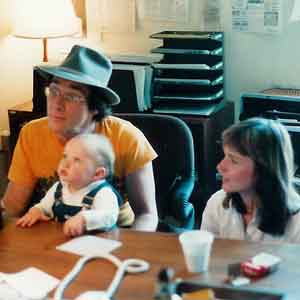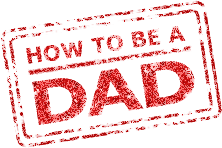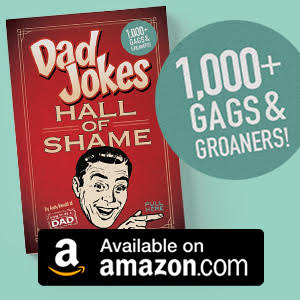My Father’s Search For The Fisher King

After Robin Williams died, I was unreasonably distraught. In the context of all things, I never actually knew the man and only saw him as much as one could say they’d seen a ghost around San Francisco and Marin County. But he was ever-present.
I remember seeing him around town in Marin County. I remember a boyhood friend appearing as an extra in one of his movies shot in San Francisco. I remember one Halloween night staking out his home in Lower Pacific Heights, near the Presidio, wondering if he was really inside. We approached the house with scores of kids, and a nondescript woman gave us whole, kingsize candy bars. We told everyone Robin Williams had given them to us.
We grew up with him. He was my favorite human cartoon. His work was the embodiment of joy, magic, and instant possibility. He was streaked with energy, both light and dark. And for all these reasons, I did not want to write this post.
The night he passed away, I began a Robin Williams film festival at my house. I’ve watched every Williams film I could get my hands on in the past few weeks. It started in South Boston, moved through Russia, Sweethaven and South Florida, but at a certain point we reached New York back in 1991. That’s when I arrived to my waking dream.

“The Fisher King” was a fictional biography that could’ve been about my father told in the genre of magical realism, or at least that’s how it seems now. I was only 10 years-old when it came out, but I recall his constant mention of it. It contains all of my father’s antiestablishment sentiment, all of his demon-fighting while wrapped up in an activity he was devoted to up until the end. He was both characters, the flawed and fallen.
As a radio disc jockey, my dad was looking for a connection inside the studio and out, but he remained inside his head. You could tell he had a disdain for the medium even though he loved it, dearly. “Mama, don’t let your children grow up to be deejays. Unless you want them to wake up one day realizing that what they do for a living is sit in a padded room speaking into a lead pipe.” He really wanted to try this new thing called “podcasting.”
After being diagnosed with cancer, he was quoted as saying, “The Grim Reaper decided he wanted to open talks with me, and chose a lung tumor to convince.” Dad subsequently returned to his New England roots, chose his battleground at Mass General, and ended up in Scituate, Massachussetts. And I was there when he passed.
Both men, Robin and my father Stephen, had their ashes spread over an ocean, each on an opposite side of the country. Both fought demons most of their natural existence. And both killed themselves. One used a belt. The other did it slowly over a lifetime of poor choices. I’m frustrated with them both, even now. Unreasonably so. It’s very selfish, I know. I keep expecting some new joy they could bring me, and all I have is this celluloid version of them.
But we all kill ourselves in some fashion. Whether we are cutting ourselves down or ingesting the poison given us by someone pretending to be on our side. We are killing our time here. The trick is to outlast your own and others’ concept of your life expectancy, to drive that line forward somehow past what anyone thinks is possible. To bring joy. To stick around. To upend the natural order of death.
By coincidence, the last Williams film I ended up watching was Popeye. I loved it as a kid. It was one of ten VHS tapes with magnetic tape that was practically worn out. I still remember the parts where the image went wonky. This recent viewing, however, felt like my own magnetic tape melted.
Popeye is constantly searching for anchors to fatherhood. He wants to find his “Pappy” and when he comes upon an orphaned baby, he musters up all of his strength to protect Sweetpea. The result is a sucker-punch right in the dadfeels.
I’ve got two Sweetpeas of my own, now. And it’s honestly a bit hard for me to understand what it would take for me to consider making them orphans. I’m not always a pleasure to be around, but why deprive them of that? There’s great comedy in my suffering. I look ridiculous. Further, depression and pain lie to us about ourselves and other people.
I guess I’m just feeling angry at these two men I grew up with. As Cole Oyl puts it in Popeye, “You owe me an apology.” Or just a conversation so I can better understand how we arrived here. I want to help.




